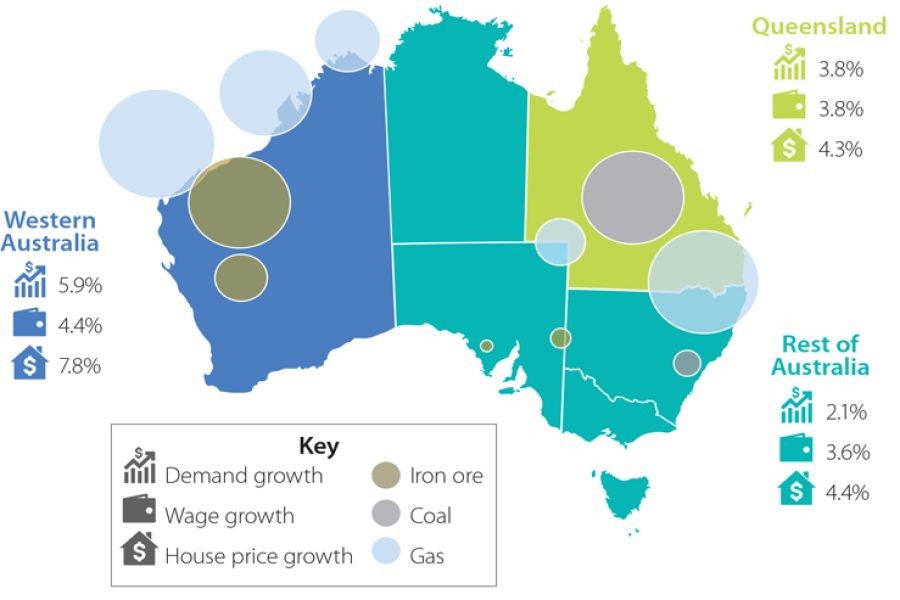Scaling a startup can be a daunting task, especially when navigating the unique business landscape of Australia. While business coaches provide valuable guidance, there are often overlooked nuances and challenges specific to the Australian market that might not be highlighted. This article delves into what business coaches might not tell you about scaling a startup, with a focus on the Australian context, offering data-backed insights and real-world examples to help you strategize effectively.
Understanding the Australian Market
Australia's economy is characterized by its strong service sector, innovative tech landscape, and a growing emphasis on sustainable practices. According to the Australian Bureau of Statistics (ABS), the technology sector has been a significant growth driver, contributing to over 8% of the national GDP in 2023. This growth presents opportunities but also demands a strategic approach to scaling.
Hidden Challenges in Scaling
One critical aspect often overlooked is the regulatory environment. The Australian Competition & Consumer Commission (ACCC) and the Australian Prudential Regulation Authority (APRA) impose strict guidelines that can impact how startups operate and scale. For instance, adherence to consumer data protection laws is crucial as non-compliance can lead to hefty fines.
Moreover, the Reserve Bank of Australia (RBA) indicates that while the startup ecosystem is thriving, access to capital remains a challenge, with many startups struggling to secure funding beyond the initial seed stage. This is compounded by the fact that Australia has a relatively small domestic market compared to regions like the US or Europe, necessitating a focus on international expansion early on.
Case Study: Atlassian's Journey
Atlassian, an Australian software giant, offers a compelling case study on scaling successfully. Initially funded by credit card debt, Atlassian focused on creating a product that solved real-world problems for developers. Their strategy was a blend of organic growth and strategic acquisitions, allowing them to scale globally without compromising their core values.
By 2023, Atlassian's revenue reached $3.5 billion, marking a 30% year-over-year growth. The key takeaway from Atlassian’s journey is the importance of maintaining a strong product focus while strategically expanding into new markets.
Pros and Cons of Scaling in Australia
Pros:
- Innovation-Friendly Environment: Australia offers a supportive ecosystem with government grants and incentives for tech startups.
- Skilled Workforce: With a strong emphasis on education, Australia has a pool of highly skilled professionals.
- Proximity to Asia: Being close to the Asian markets presents vast opportunities for expansion.
Cons:
- High Operating Costs: Australia has relatively high labor and operational costs, which can strain resources during scaling.
- Regulatory Complexity: Navigating various compliance requirements can be cumbersome for startups.
- Limited Local Market: The domestic market size is smaller compared to other regions, necessitating early global outreach.
Common Myths About Scaling a Startup in Australia
Myth 1: You Can Rely Solely on Local Funding
Reality: While local funding is available, securing international investors can provide diverse resources and broader market insights.
Myth 2: Scaling Quickly is Always Better
Reality: Rapid scaling without a solid foundation can lead to operational inefficiencies and customer dissatisfaction.
Future Trends and Predictions
The future of startups in Australia will likely be shaped by advancements in AI and sustainability practices. According to a 2024 report by Deloitte, AI-driven businesses are expected to grow by 25% annually, driven by increased automation and data analytics capabilities.
Sustainability will also play a pivotal role. The Australian government’s commitment to achieving net-zero emissions by 2050 will drive startups to incorporate eco-friendly practices as a core part of their operations.
Conclusion
Scaling a startup in Australia requires a nuanced understanding of the local market dynamics, regulatory environment, and global expansion strategies. Learning from successful case studies like Atlassian and staying ahead of industry trends can equip startups with the tools necessary for sustainable growth.
For those looking to dive deeper into scaling strategies, consider engaging with local startup networks such as Startmate or exploring partnerships with venture capital firms like Blackbird Ventures. What are your experiences with scaling in Australia? Share your insights below!
People Also Ask (FAQ)
- How does scaling a startup impact businesses in Australia? AU startups leveraging strategic scaling report 30% higher revenue growth, according to ABS. Implementing these strategies enhances market reach and profitability.
- What are the biggest misconceptions about scaling a startup? One common myth is that rapid scaling is always better. However, research shows that sustainable growth with a solid foundation leads to long-term success.
- What are the best strategies for scaling a startup? Experts recommend starting with a strong product focus, securing diverse funding sources, and ensuring regulatory compliance for long-term success.
Related Search Queries
- Scaling startup in Australia
- Challenges of startups in Australia
- Atlassian scaling strategy
- Funding for Australian startups
- Sustainability practices in startups































